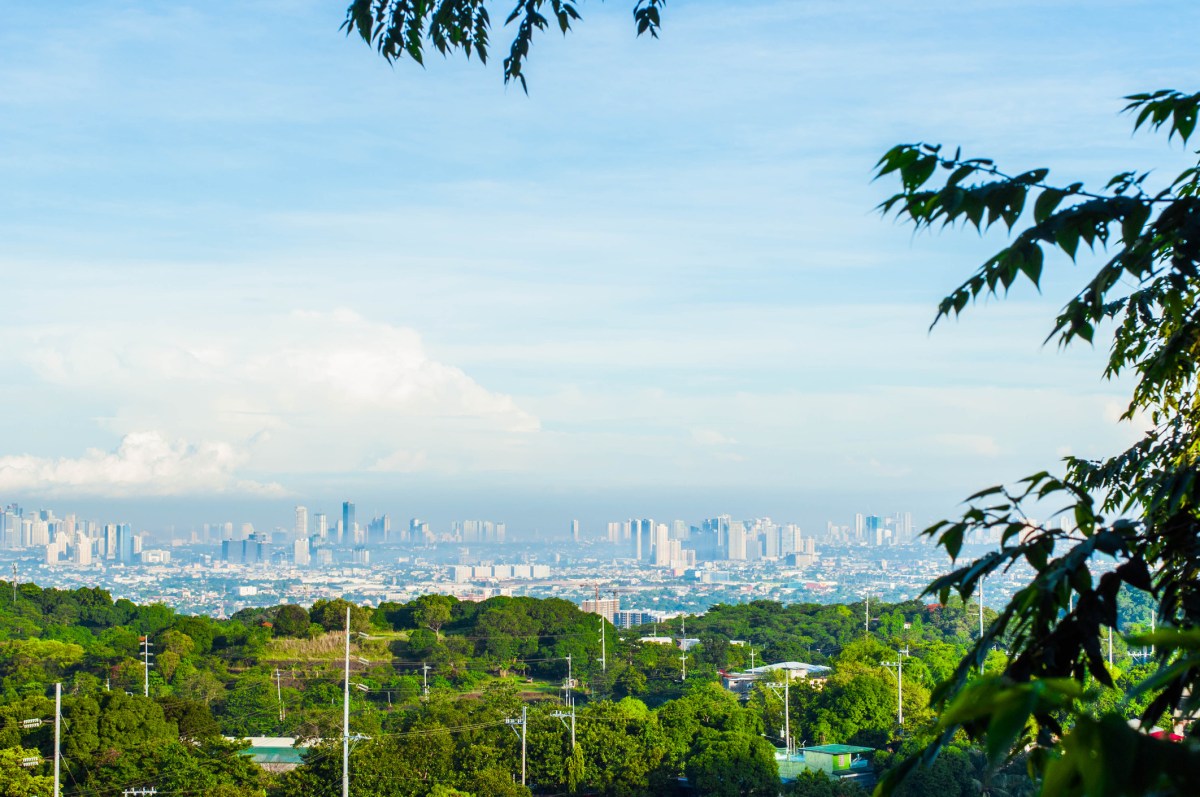U.S. Facing ‘Serious Problem’ In Iraq: Rumsfeld
The BBC television said that “militias loyal to Shiite leader Muqtada Al-Sadr are taking several Spanish troops and at least one American soldier hostage” in the holy Shiite town of Najaf.
This came a few hours after at least 97 Iraqi civilians were killed and 165 were injured in continued U.S. bombardment of the besieged town of Fallujah, while at least 40 others were slain in similar raids on Ramadi.
Shiite scholars have warned the U.S. troops of acting “irrationally” after up to 52 Iraqi protesters were killed on Sunday, April 4, in the worst confrontations between Iraq’s Shiite majority and the U.S.-led occupation troops sine the start of the invasion one year ago.
The protesters were denouncing the crushing of two fellowmen by a U.S. tank on Saturday, April 3, the arrest of Sadr’s top assistant Sheikh Mostafa Al-Yaqoubi and a ban on Al-Hawza newspaper, Sadr’s mouthpiece.
The clashes dragged on Monday in Baghdad suburb Sadr city after U.S. overseer in Iraq Paul Bremer designated Sadr as an “outlaw”.
The U.S. occupation forces said Monday, April 5, it had issued an arrest warrant for Sadr himself, but the Shiite leader vowed defiance calling for an end to the one-year American occupation of the oil-rich country.
Iraqi fighters reportedly shot down three U.S. helicopters and destroyed two jeeps and two armored vehicles on Wednesday, April 7.
‘Staying Away’
In another related development, Rumsfeld said that U.S. troops are facing a "serious problem" in Iraq as they seek to quell armed resistance across the country to the U.S.-led forces.
He said U.S.-led forces had decided to stay away from Najaf because of an upcoming Muslim pilgrimage to the city and because of Sadr’s militia forces, who have been fighting U.S. troops since the weekend, Agence France-Presse (AFP) reported.
Asked whether there were any areas of the country that were not under the control of U.S.-led forces, Rumsfeld replied: “Najaf”.
“I’ve heard all kinds of numbers of pilgrims that are in that general area, and we know that Sadr and his militia is in that general area,” Rumsfeld said.
“We’ve made a conscious decision to, at the request of Iraqis, to stand back during this pilgrimage period.
“We think it’s a dangerous place and a place that people who are considering engaging in the pilgrimage ought to very carefully calculate because it’s very clear we’re not in a position to provide protection for them," he added.
Sadr said Tuesday he had left a mosque in the city of Kufa and traveled to Najaf "to prevent more bloodshed."
At least one Salvadoran soldier was killed in fighting in Najaf over the weekend.
‘Serious Problem’
The defense chief said U.S troops due to leave Iraq are remaining in the volatile country to stamp out a spate of attacks against American forces.
Rumsfeld stressed that apart from Najaf, where Sadr has reportedly taken refuge, Iraq was still under the control of U.S.-led forces.
“You have a small number of terrorists, a small number of militias, coupled with some demonstrations and some lawlessness. And it’s a serious problem,” Rumsfeld said.
At least two U.S. soldiers were killed in different parts of Iraq on Wednesday as fighting raged in Baghdad, Kirkuk and Mahmudiya. Fallujah was the worst hot spot as the U.S. bombed a mosque and five Marines were wounded in several hours of gun and rocket fire.
Rumsfeld was repeatedly asked if more U.S. troops were needed in Iraq to face the fighters. He said soldiers due to leave Iraq are remaining in the country to stamp out the uprisings.
"Because we’re in the midst of a major troop rotation, we have a planned increase in the number of U.S. troops in the (U.S. Central Command) area of responsibility and indeed, in Iraq," Rumsfeld said.
There are about 135,000 U.S. troops in Iraq because of the rotations. The figure is due to fall back to about 115,000 as the planned rotations continue, according to defense officials.
Outrage
Taking U.S.-soldiers prisoners is a new tactic followed by Iraqi fighters against occupation forces, as anti-American sentiments are growing in the country.
TV footage showed the havoc wrecked by the grisly U.S. incursion of Fallujah, which reduced several houses to rubble and destroyed scores of shops, the main source of livelihood for many residents in the town, 50km west of Baghdad.
The only hospital in the city was shelled Monday, April 5, by U.S. helicopters.
Doctors said the situation is extremely serious as some of the injured have bled to death, the Doha-based newscaster added.
Fallujah residents appealed to United Nations Secretary General Kofi Annan and the international community to intervene and end the crippling U.S. blockade.
The town had been sealed off at dawn Monday and U.S. troops were only letting cars with Fallujah license plates enter or leave the town.


